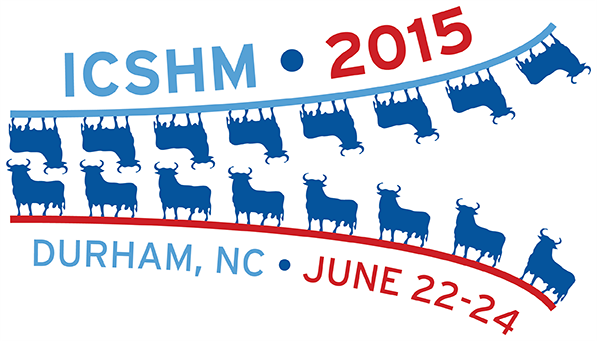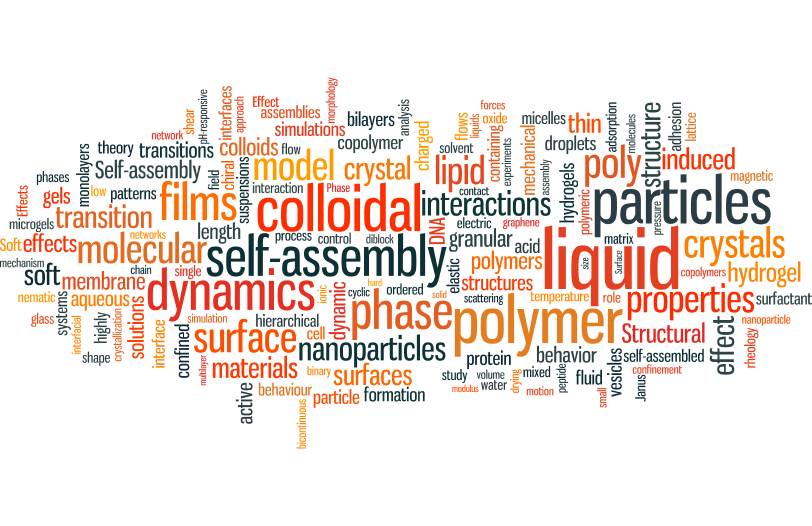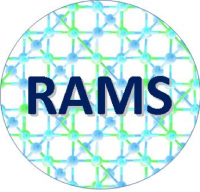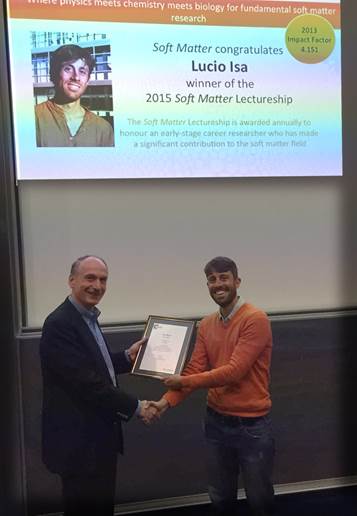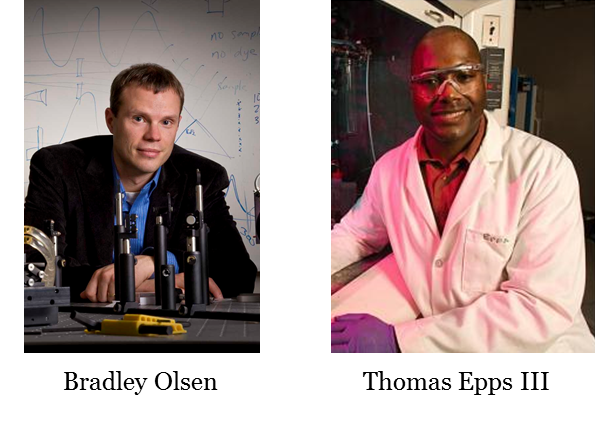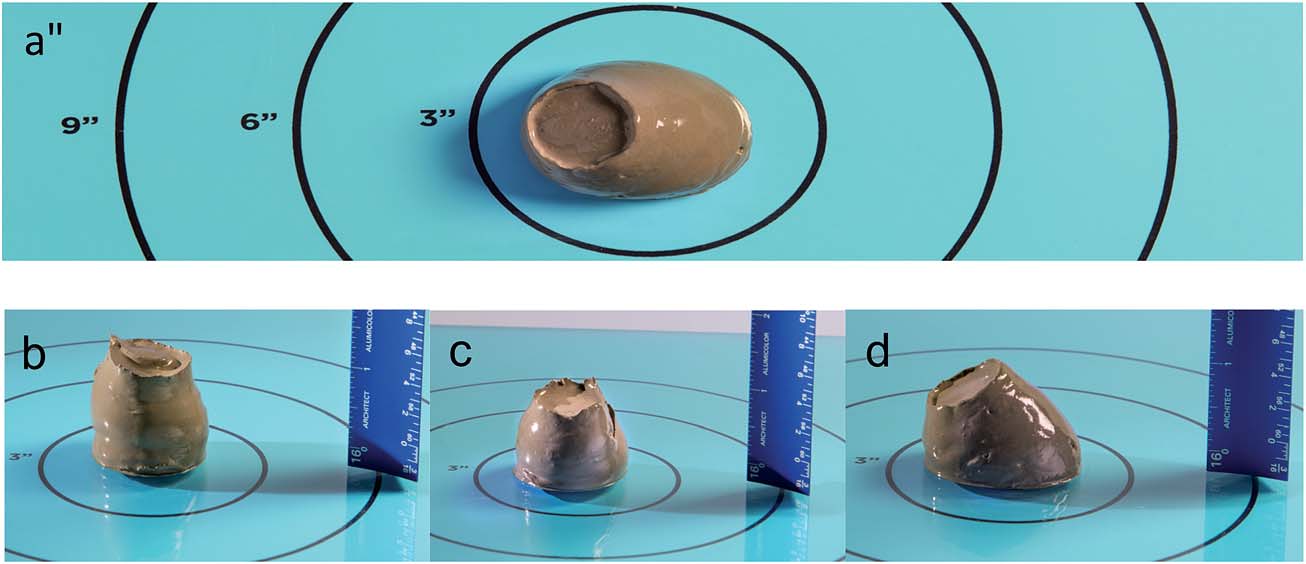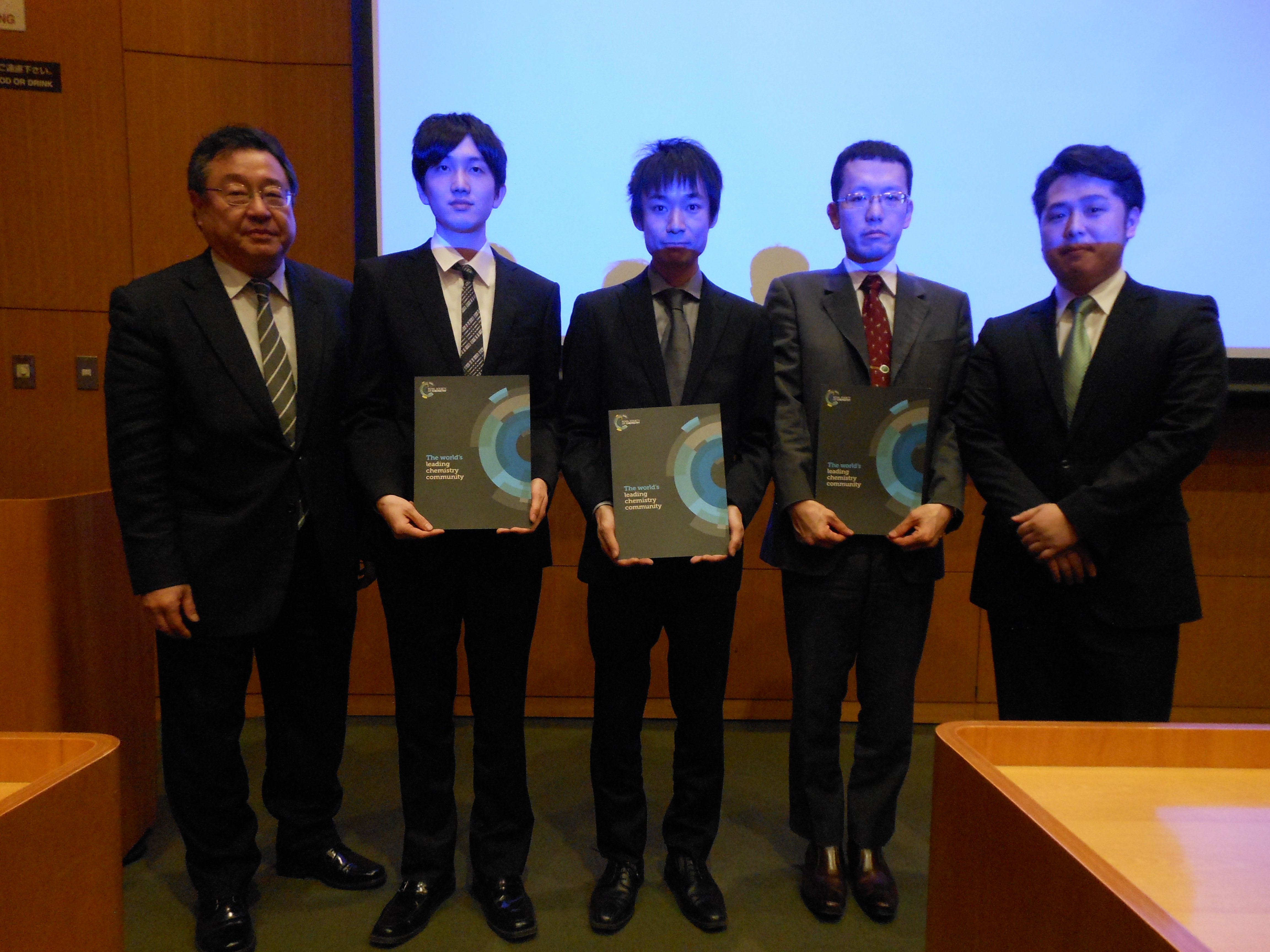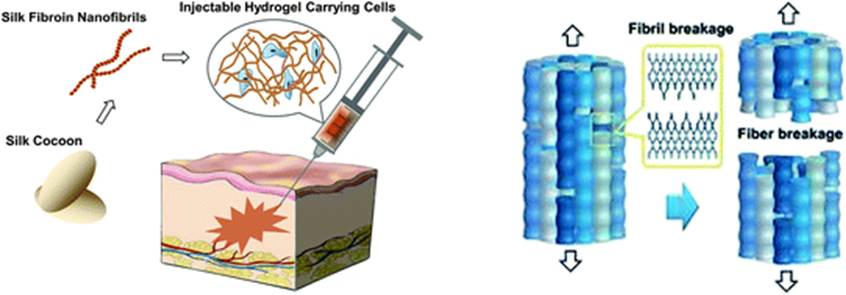Do you know someone who deserves recognition for their contribution to the soft matter field?
Now is your chance to ensure they receive the accolade they deserve.
Soft Matter is pleased to announce that nominations are now being accepted for its Soft Matter Lectureship 2015. This annual lectureship was established in 2009 to honour an early-stage career scientist who has made a significant contribution to the soft matter field.
Previous winners include:
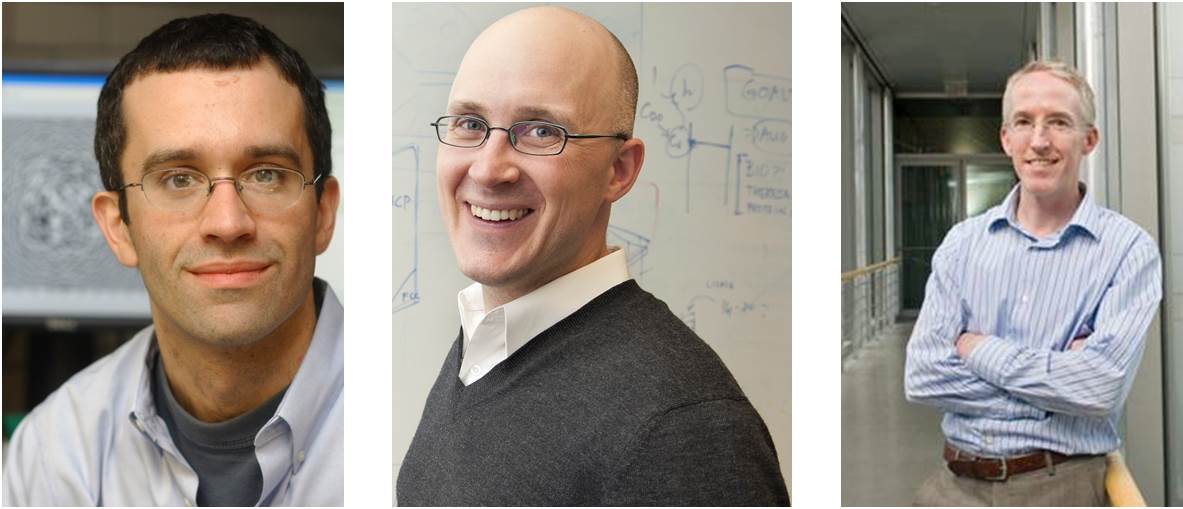
Eric Dufresne Eric Furst Patrick Doyle
2014 – Eric Dufresne, based at Yale University, USA
2013 – Eric Furst, from the University of Delaware, USA
2012 – Patrick Doyle, based at MIT, USA
2011 – Michael J. Solomon, from the University of Michigan, USA
2010 – Bartosz Grzybowski, based at Northwestern University, USA
2009 – Emanuela Zaccarelli, from Sapienza University of Rome, Italy
Qualification
To be eligible for the Soft Matter Lectureship, the candidate should be in the earlier stages of their scientific career, typically within 15 years of attaining their doctorate or equivalent degree, and will have made a significant contribution to the field.
Description
The recipient of the award will be asked to present a lecture three times, one of which will be located in the home country of the recipient. The Soft Matter Editorial Office will provide the sum of £1000 to the recipient for travel and accommodation costs.
The award recipient will be presented with the award at one of the three award lectures. They will also be asked to contribute a lead article to the journal and will have their work showcased on the back cover of the issue in which their article is published.
Selection
The recipient of the award will be selected and endorsed by the Soft Matter Editorial Board.
Nominations
Those wishing to make a nomination should send details of the nominee, including a brief C.V. (no longer than 2 pages A4) together with a letter (no longer than 2 pages A4) supporting the nomination, to the Soft Matter Editorial Office by 6th March 2015. Self-nomination is not permitted.
